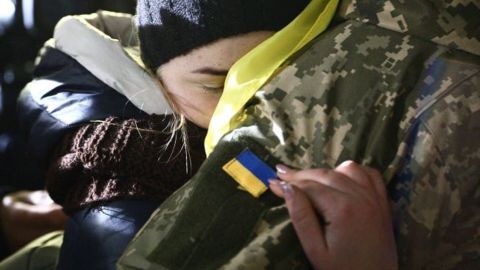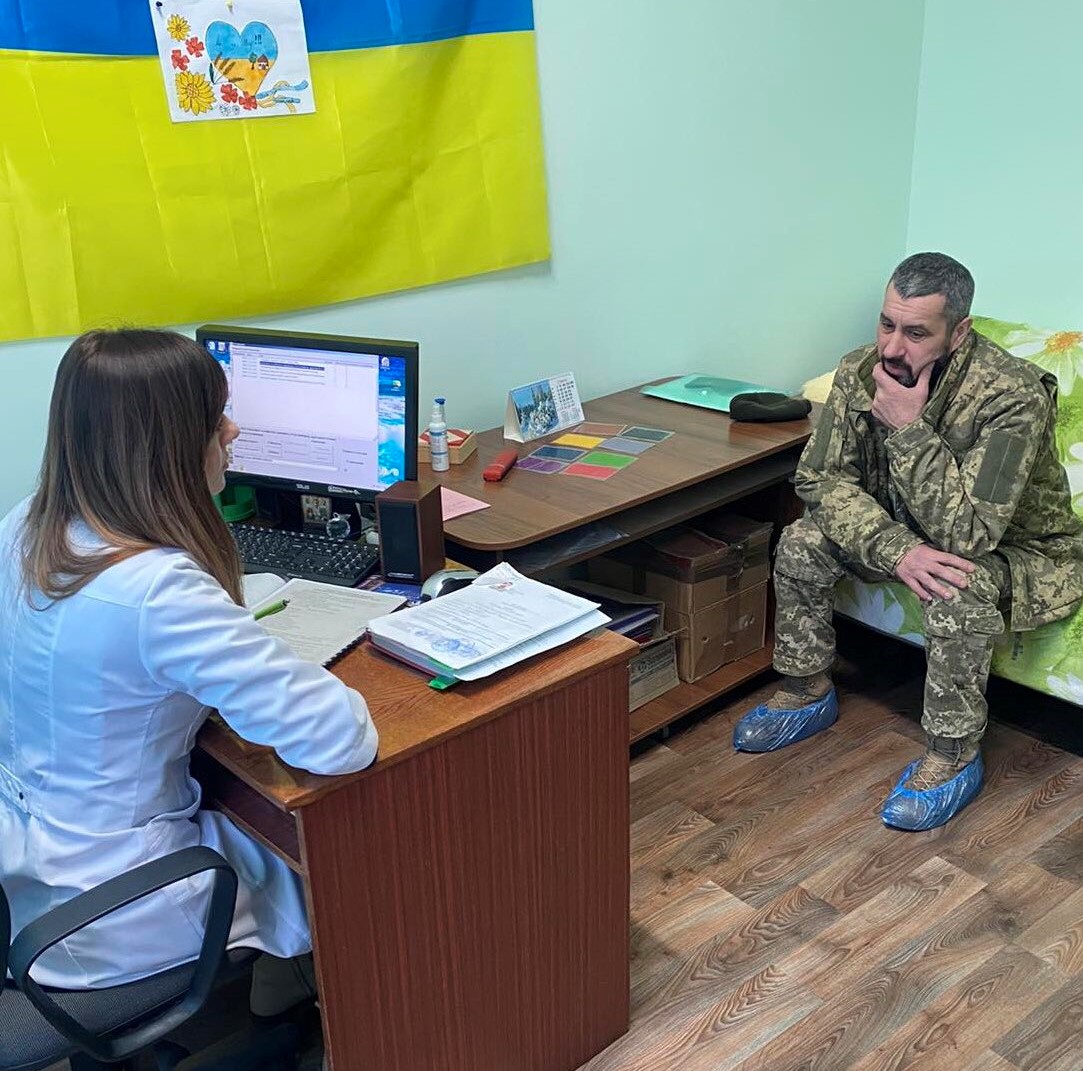17.01.2023
The war experience changed us. The way you see yourself and your relationships with others has changed. Such changes are very rapid, which makes us feel anxious. Therefore, patience, respect, and a sensitive attitude towards one's neighbor contribute to the healing of mental wounds. You should not expect a person who has been in a combat zone to share their emotions with you or discuss the events they experienced.

A soldier who has returned from the front may simply not need it, may not want to discuss it with you. This can happen for various reasons - unwillingness to touch on "painful topics" at all, unwillingness to bring war into a peaceful life, as well as a desire to protect you from what he went through. Sometimes it's easier to open up to a stranger than to someone close to you.
If necessary, a person can turn to a specialist - such a decision should be individual, and not due to a request.
Quite often, siblings become closer to military personnel than family. Treat it with understanding. The difficult path traveled was shared with others, they survived together, they have shared experiences, stories and jokes. A comrade in arms can become someone with whom life is connected, who understands and supports, who is able to share experiences and understand without words. Often, such mutual support makes it easier to adapt to changed conditions.
Enjoy life yourself - so that the soldier does not feel that his possibly difficult condition affects others. You should not stop your life - the military is fighting for the country to live. It would also be strange to pretend that nothing had happened and not to discuss the topic of war. This will not stop hostilities. It is better to do something in order to win in one's place - something that brings benefits, allows one to find meaning and adapt to new conditions.
 Phrases that should NOT sound: "I understand you", "Oh, you poor thing!", "You must...", "You must...", "Everything will be fine."
Phrases that should NOT sound: "I understand you", "Oh, you poor thing!", "You must...", "You must...", "Everything will be fine."
They do not work. We do not know what the person experienced, how he did it, what is happening to him now. We cannot promise that evil will disappear in the world and it will become safe to live.
The most important phrases at this moment are: "I am near", "You are not alone".
And indeed, staying together and overcoming life's difficulties together is extremely valuable during wartime.
All experiences and reactions are normal in the abnormal situation of war. After experiencing traumatic events, a person does not quickly return to normal life, it is necessary to give him time to recover.
For each person, the provision of their basic needs is of primary importance. Take care of it - create an opportunity to eat, sleep, wash. However, the desire to feed something tasty should not turn into violence. Forcing to do something is also not a good idea. When a person experiences strong emotions, the body spends a lot of energy, and therefore needs a longer recovery. If a person develops new healthy habits, they should be supported. It can become not only a physical, but also a psychological resource.
The war changed the lives of all of us, but to different degrees. The new is often perceived as hostile. Therefore, before changing something, ask the other person if he is ready for it.


(с) 2024